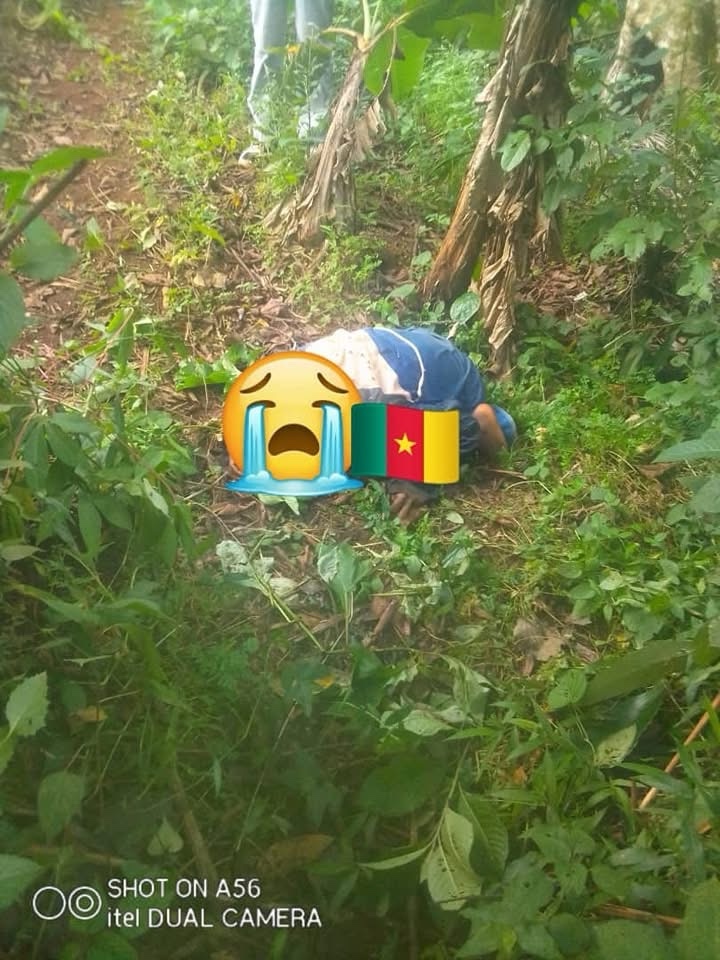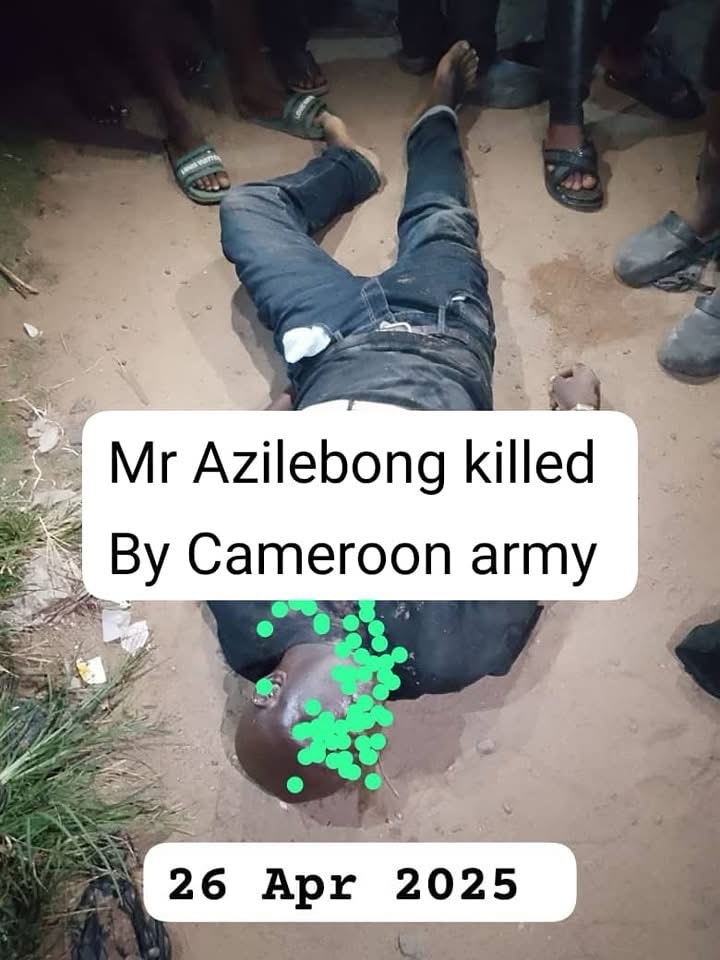The abduction and torture of M. Austin Forka Ajua
January 2025, Mr. Austine Forka Ajua, a United States citizen, was reportedly abducted at Douala International Airport in Cameroon while attempting to return to the United States. Following his disappearance, no communication was made with his family or legal representatives, and he remained missing and held incommunicado for several months. It was not until early April 2025 that he was discovered detained at the notorious Kondengui Central Prison in Yaoundé. During this time, he is believed to have been held and subjected to torture and inhumane treatment at the Secretariat of State for Defense (SED), commonly referred to as Paul Biya’s torture chamber due to its reputation for severe human rights abuses.
The abduction, prolonged incommunicado detention, and alleged torture of Mr. Austine Forka Ajua amount to serious violations of international human rights and humanitarian law. These acts constitute enforced disappearance, which is a crime under international law as defined by the International Convention for the Protection of All Persons from Enforced Disappearance. Moreover, torture and inhuman treatment are expressly prohibited under Article 7 and Article 8 of the Rome Statute of the International Criminal Court (ICC). Specifically, Article 7 defines torture and enforced disappearance as crimes against humanity when committed as part of a widespread or systematic attack directed against a civilian population. Article 8 further classifies such acts as war crimes when committed in the context of an armed conflict. Additionally, the Convention Against Torture and Other Cruel, Inhuman or Degrading Treatment or Punishment (UNCAT), to which Cameroon is a party, mandates the prohibition, prevention, and prosecution of torture in any circumstance, including during detention and interrogation. Holding Mr. Ajua without charge or access to legal counsel or consular support also violates Article 9 and Article 14 of the International Covenant on Civil and Political Rights (ICCPR), which guarantee the right to liberty, security of person, and a fair trial. The targeting of a foreign national further complicates the matter, engaging the jurisdiction of the United States and international diplomatic norms. The actions of the Cameroonian authorities in this case, if substantiated, constitute not only a grave breach of international law but also a threat to diplomatic and human rights protections globally. This incident highlights the urgent need for international oversight and accountability mechanisms to prevent and address such abuses.
Share this content:



